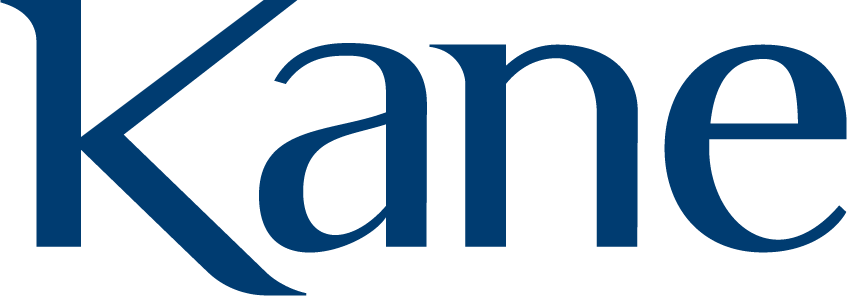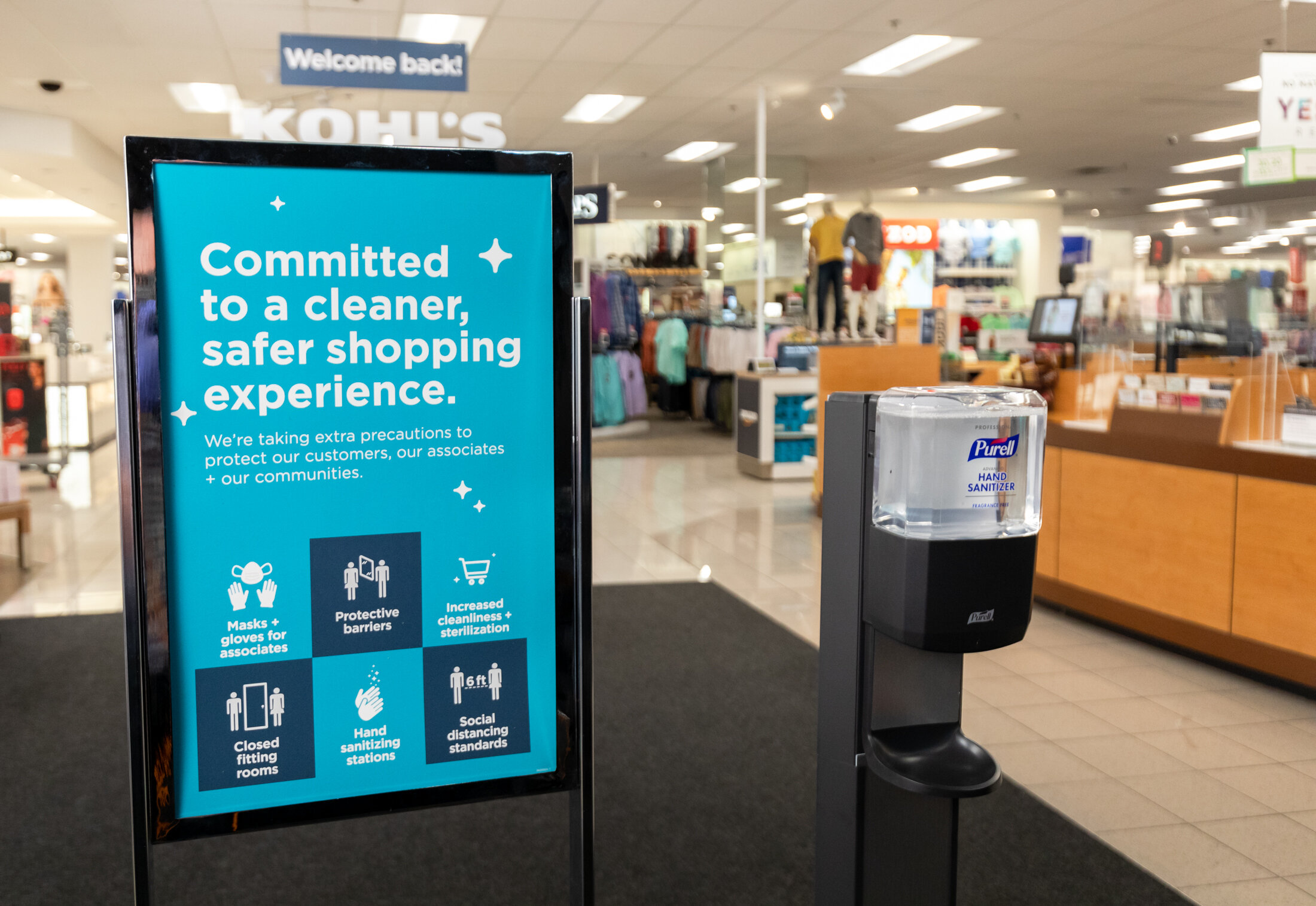Does Your Business Model Need a COVID-19 Reset?
Kohl’s made significant enhancements to the store environment and operations to provide a safe and healthy environment for everyone.
One of the oldest adages in corporate America is that necessity is the mother of invention.
In the case of Kohl’s and CEO Michelle Gass in the year 2020, necessity is the mother of reinvention. The Menomonee Falls-based retail chain temporarily closed its more than 1,150 department stores across the nation on March 20.
While in an imposed quarantine because of the COVID-19 pandemic, Gass did not waste any time mourning or complaining about being declared a “non-essential” retailer. Instead, she used the downtime to alter Kohl’s business model to adapt to the new realities amid the public health crisis and the adjoining recession.
By the time Kohl’s began to reopen its stores in early May, employees and shoppers found a reinvented customer experience.
“As we reopen and operate in a new environment, I want to thank our associates and customers for their ongoing loyalty and support. We're thrilled to have you back,” Gass said.
Among the changes in stores:
Kohl’s reduced operating hours of the stores to 11 a.m. to 7 p.m. daily until further notice.
Signage and floor decals were placed throughout the stores to encourage six feet of social distancing.
A greeter is stationed at the front of each store to welcome customers, sanitize carts between each use and limit occupancy, as appropriate.
In-aisle fixtures were removed to increase space for customers to pass through the aisles while adhering to social distancing guidelines.
Protective barriers have been installed at all registers and a touchless payment system is offered.
Checkout lanes are cleaned after each customer transaction, including the sanitation of the pin pad and counter.
Hand sanitizer is readily available at each register and throughout the store for customer use.
Fitting rooms will be closed until further notice, and the use of beauty testers has been suspended to reduce and minimize touchpoints.
Kohl’s offers limited-contact drive-up service for some purchases.
All Kohl’s employees participate in mandatory wellness and temperature checks before their shifts. Any employee who has a fever or exhibits other COVID-19 symptoms is asked to return home and seek medical attention.
All Kohl’s employees wear masks and gloves while in the store.
All employees undergo health and safety training on new policies and procedures before returning to work.
Customers and Employees of Equal Importance
The changes Gass and Kohl’s enacted in response to the dueling crises of the pandemic and the recession drew the praise of Kay Plantes, Ph.D., a business model expert, consultant, author and speaker.
“I love that CEO Michelle Gass is declaring customers and employees as equally important in Kohl’s response to the pandemic,” said Plantes, an economist with a degree from the Massachusetts Institute of Technology. “Too many companies are placing employees behind customer revenue and profits, which will impact talent attraction and retention in the future. Her strategies around cleaning, temperature checking, use of face masks and gloves, and provision for sick care are best-practice strategies for employee care.”
Plantes, who previously served as an economic advisor to former Wisconsin Gov. Lee Dreyfus, likened the Kohl’s business model reinvention to a philosophy in which a company takes care of its employees, so they can take care of its customers.
“I especially like her investment in training around Kohl’s new practices. She’s ensuring reality for customers and employees matches Kohls’ commitments. This authenticity is vital for a brand,” Plantes said.
Climbing Out of the Recession
However, Plantes said additional changes will be needed to help Kohl’s climb out of the recession.
“Consumer spending on non-essential items has been decimated in 2020, with little hope for a V-shaped recovery. While all Gass’ steps are terrific, let’s hope she and her team are thinking about their differentiation strategy,” Plantes said. “A smart strategy will be required to gain share in 2020’s smaller market. She also needs differentiation to survive into the future. Already this year, JCPenney and other retailers have declared bankruptcy.
“The good news is that the pandemic has created new needs and new contexts for how we get our existing needs met,” Plantes said. “Let’s hope Gass and her team are listening closely to customers to be steps ahead of their needs. Great companies are not just reacting well to the present, they are declaring the market space they want to win in the future to make sure current investments align with the desired future. Perhaps home office solutions should take priority over current space allocated to suitcases.”

